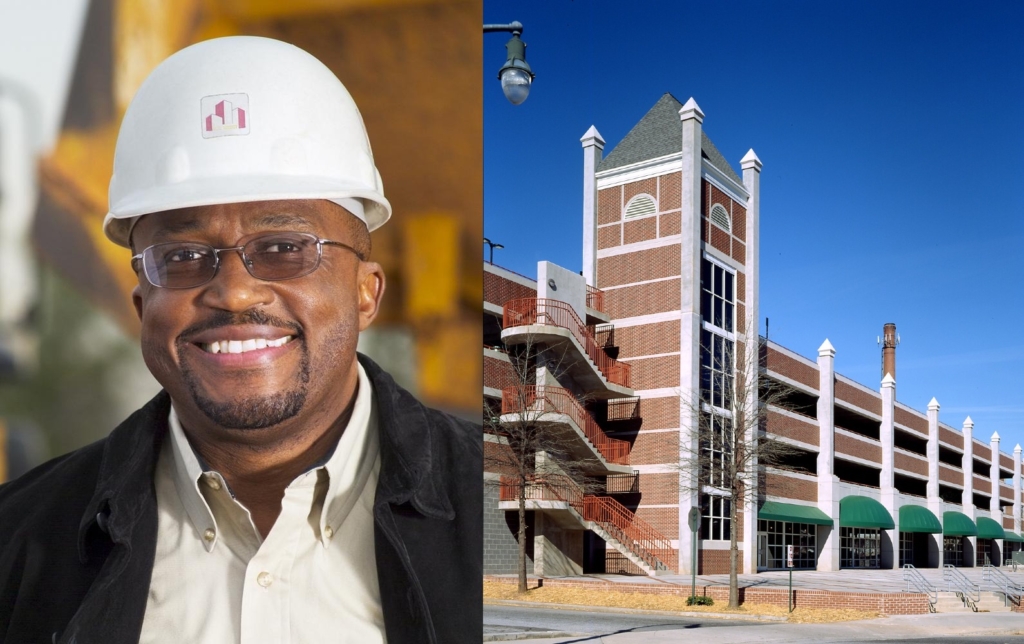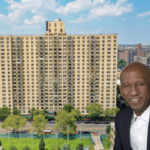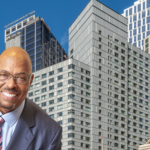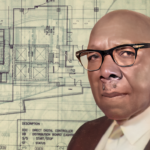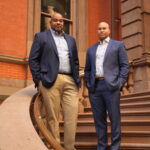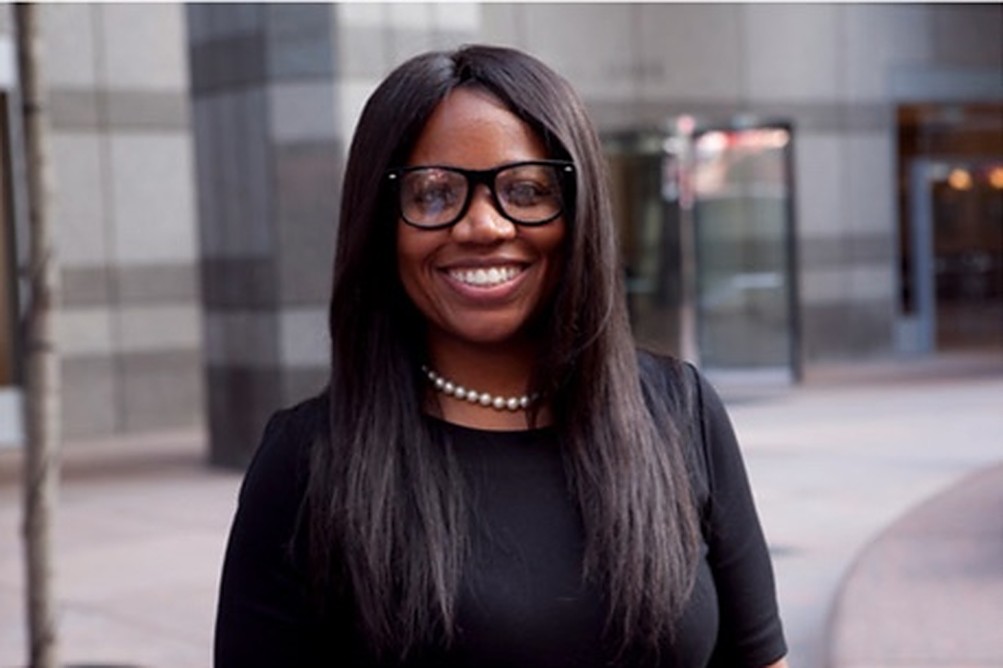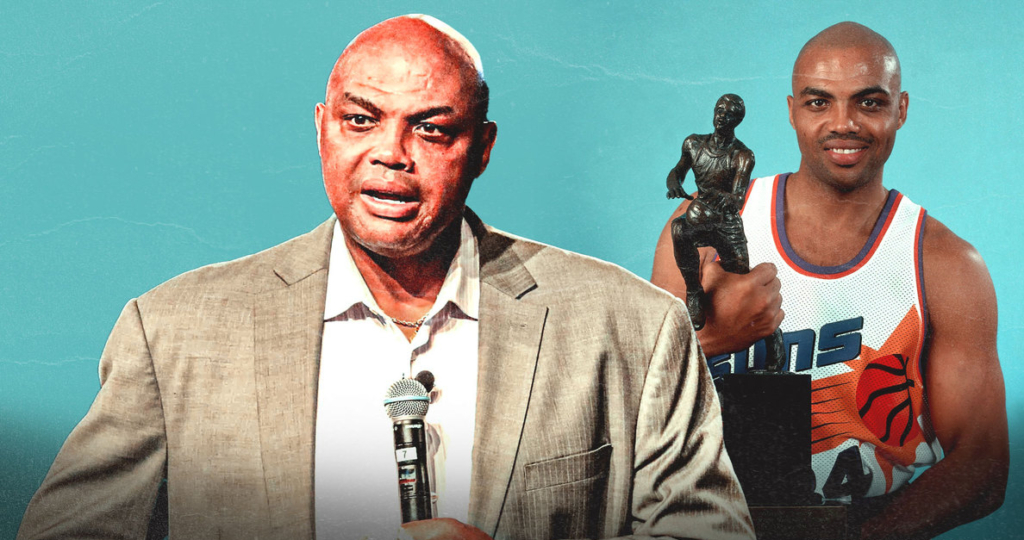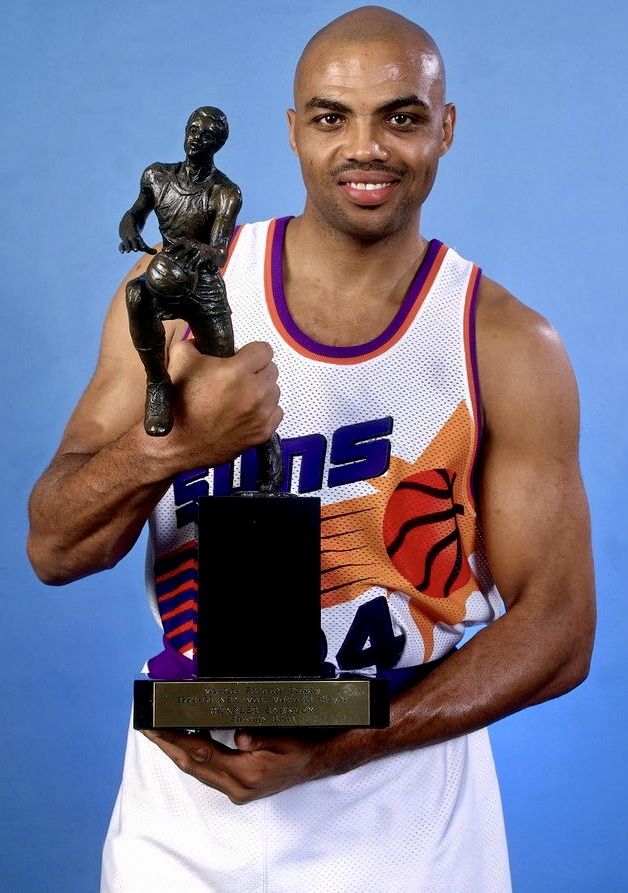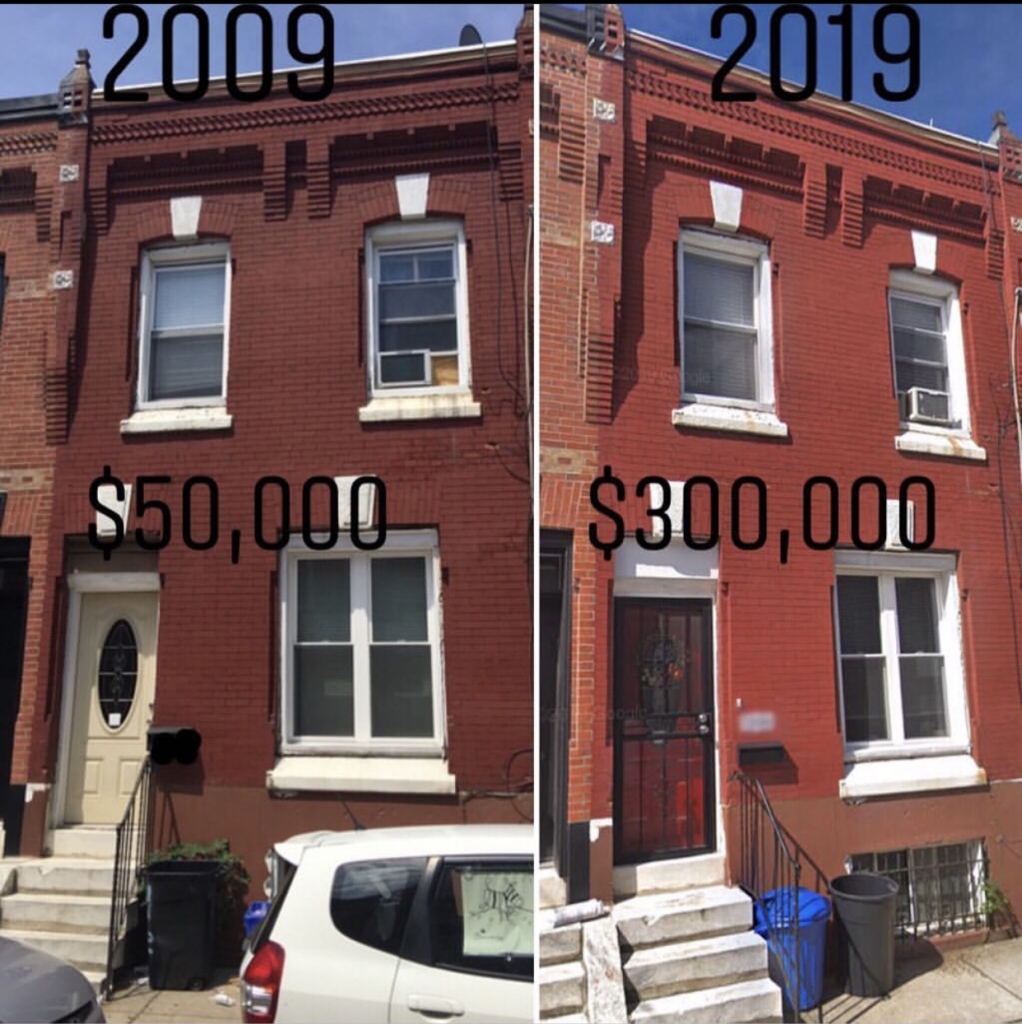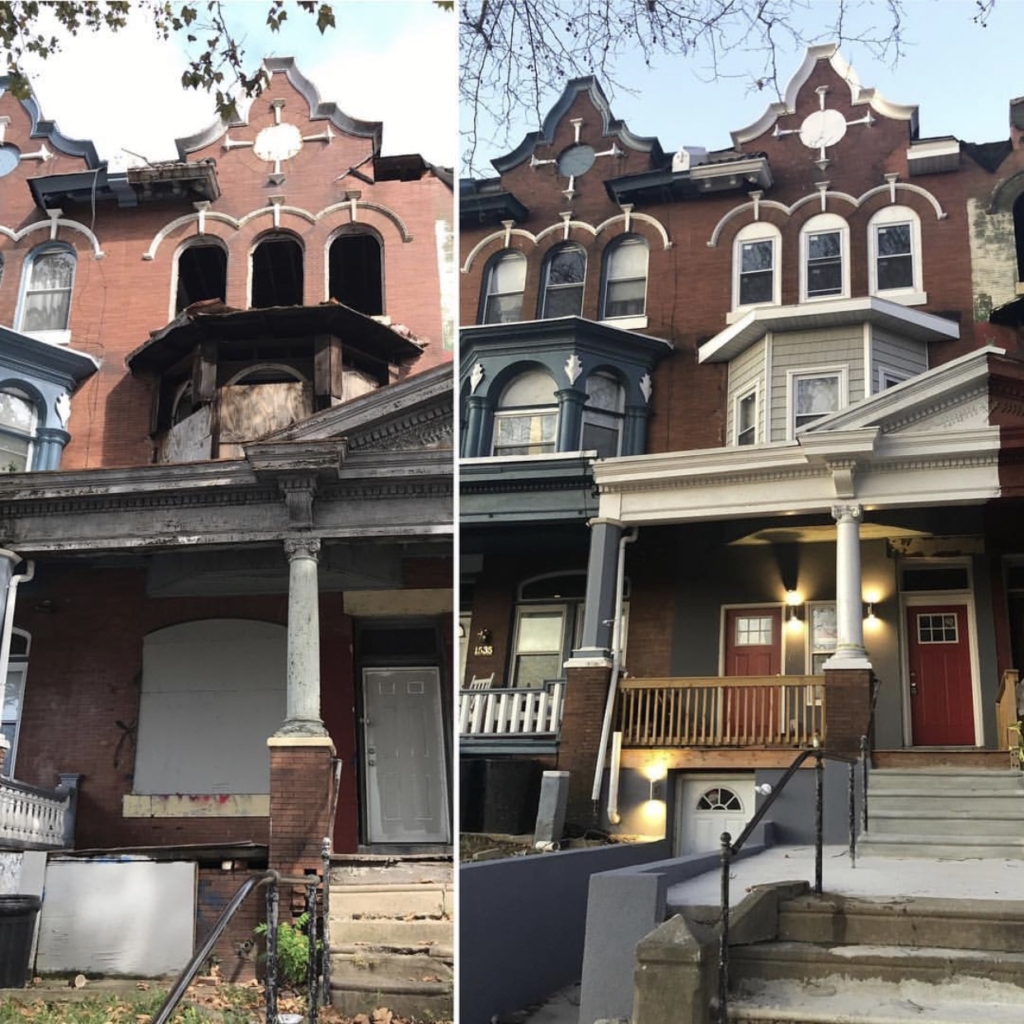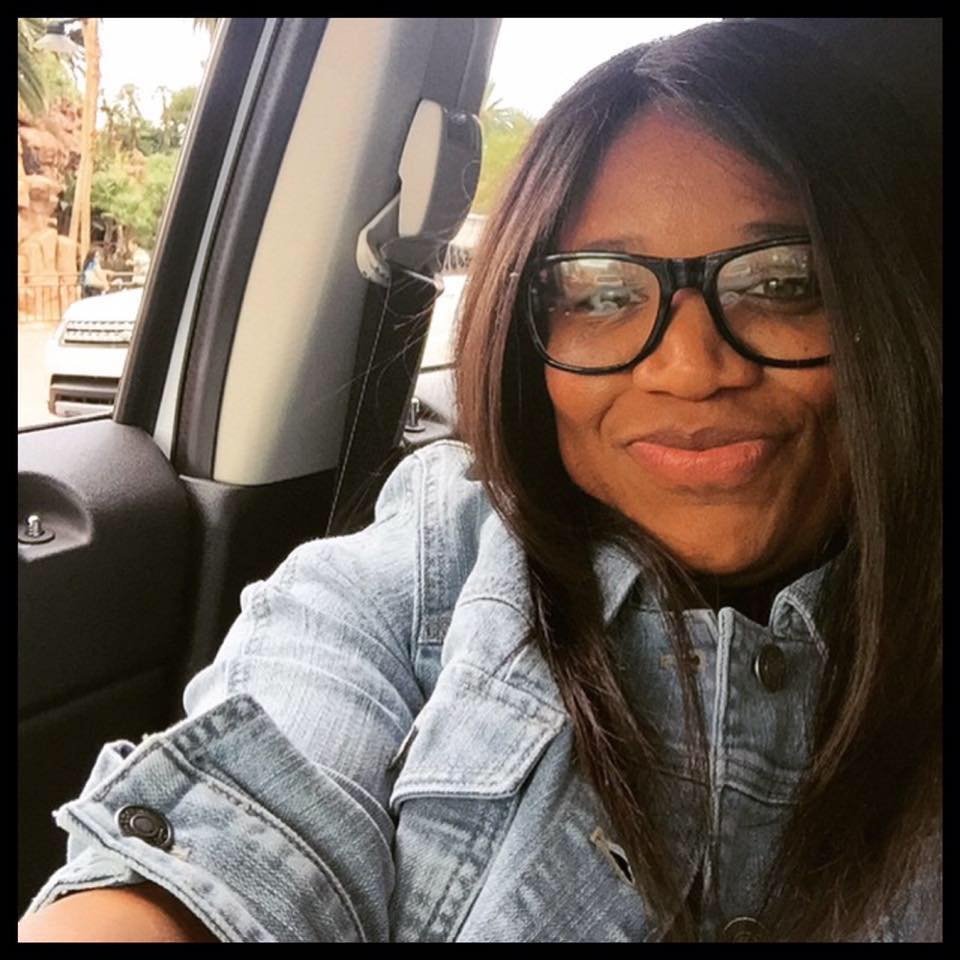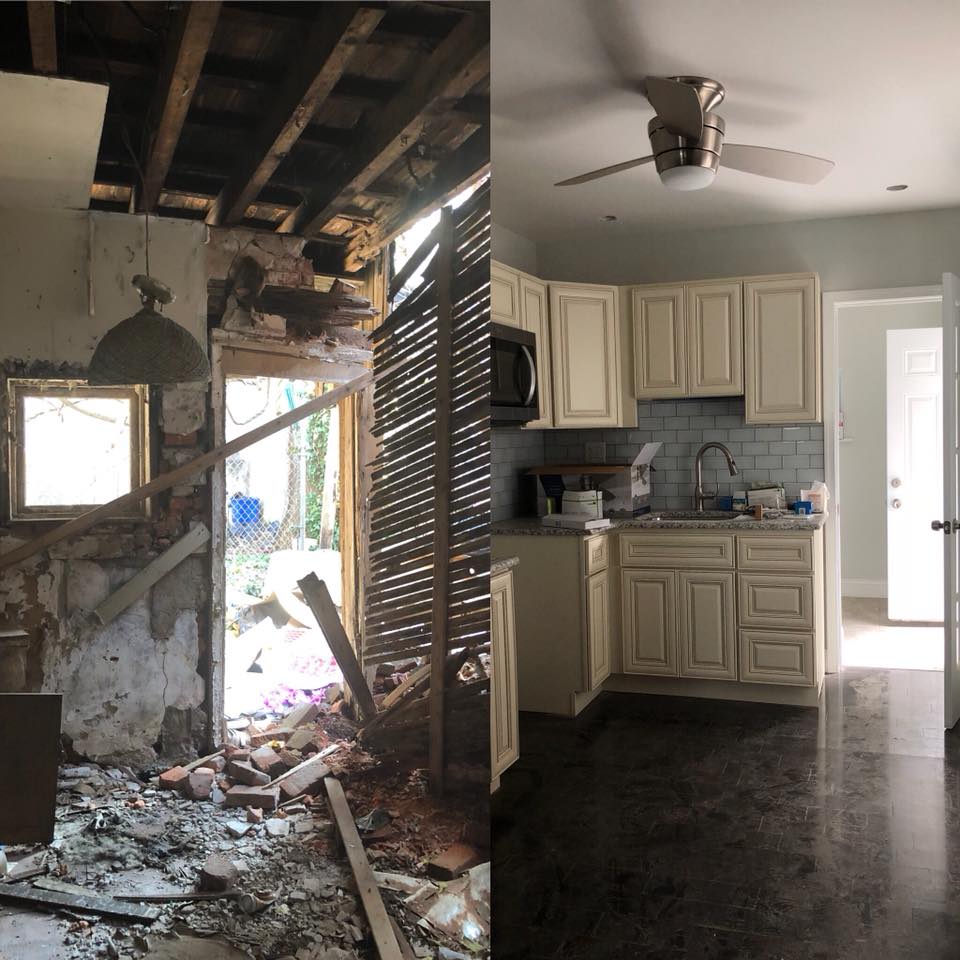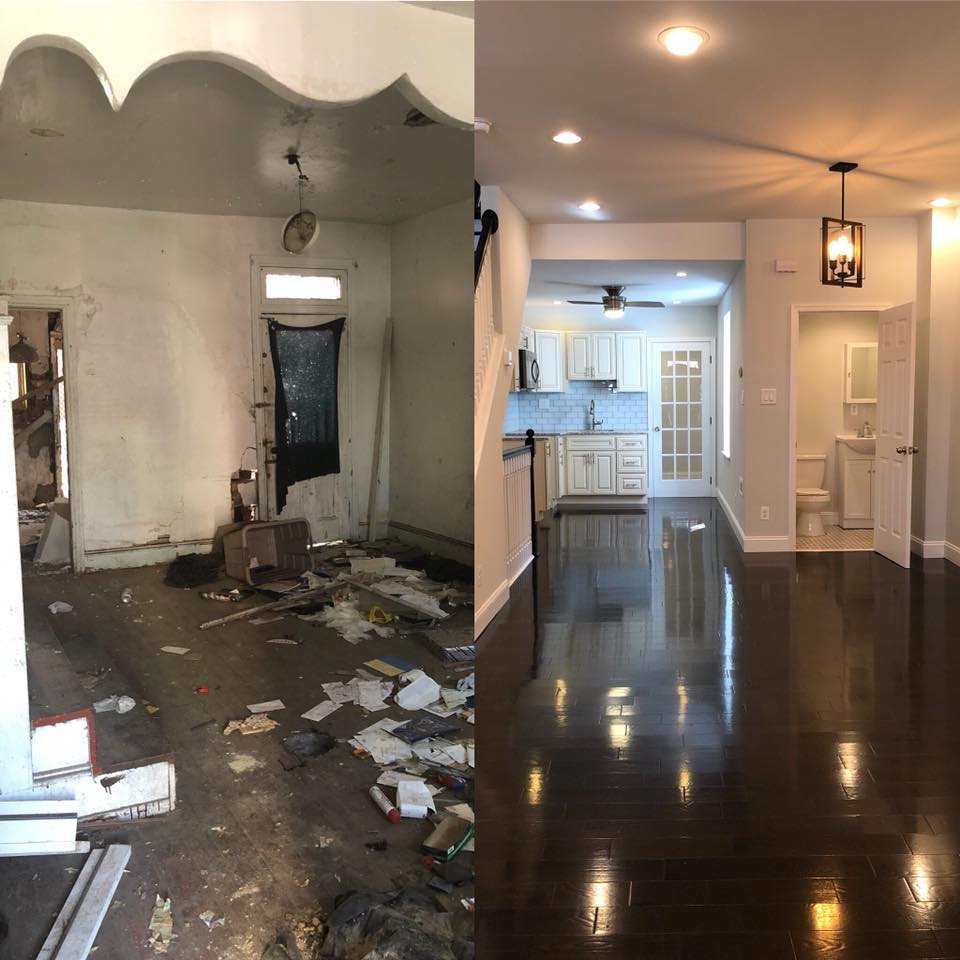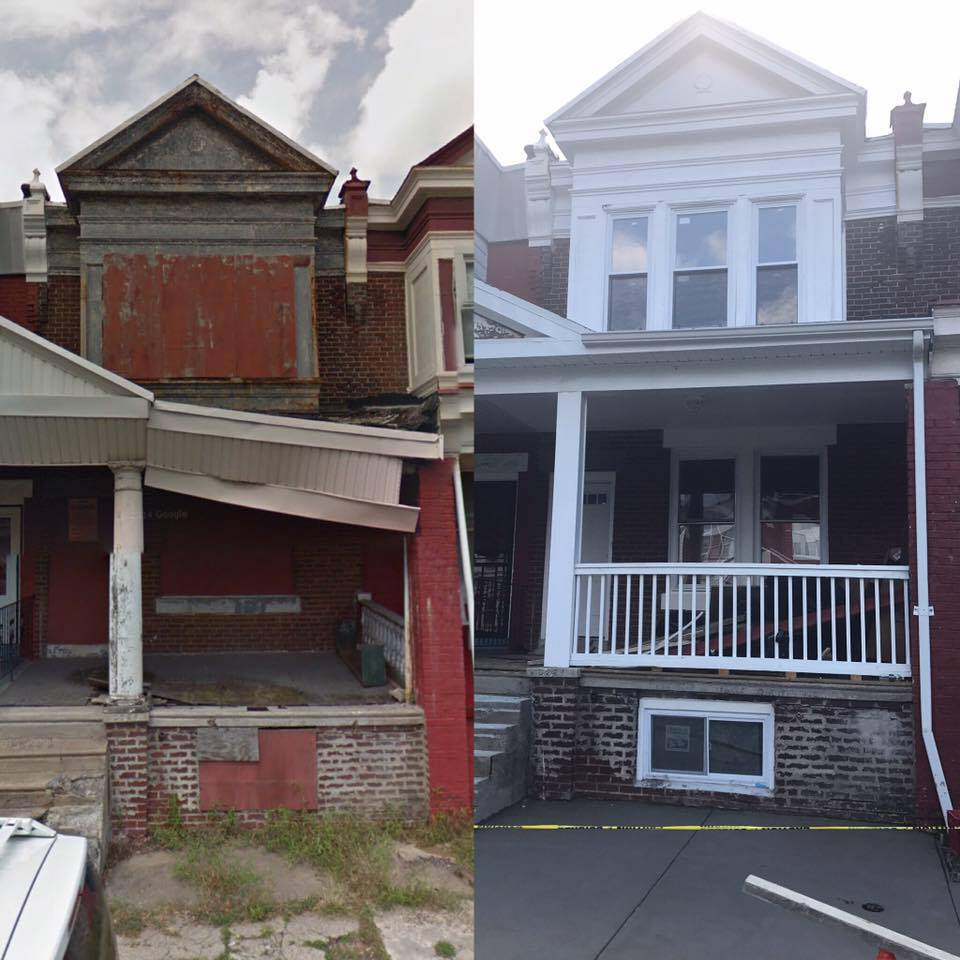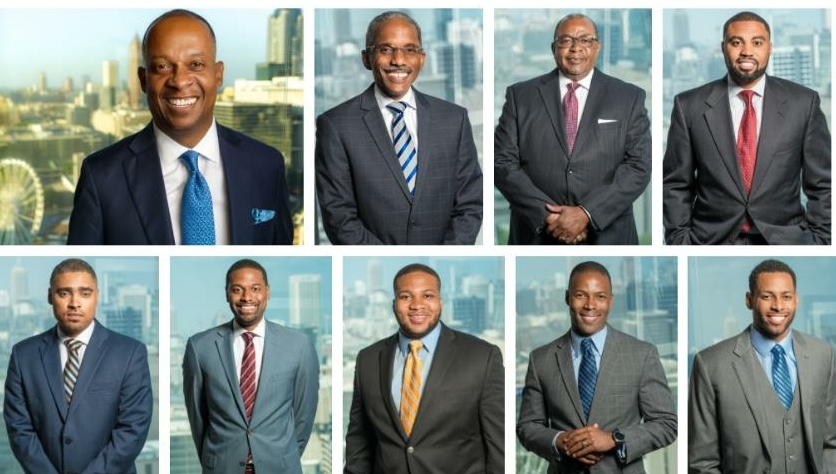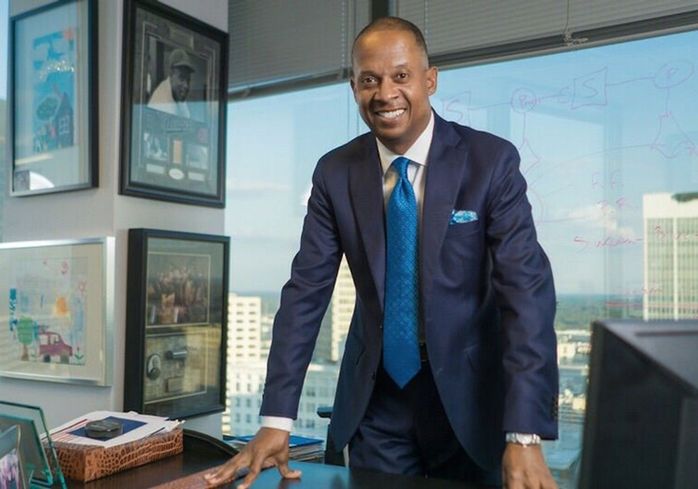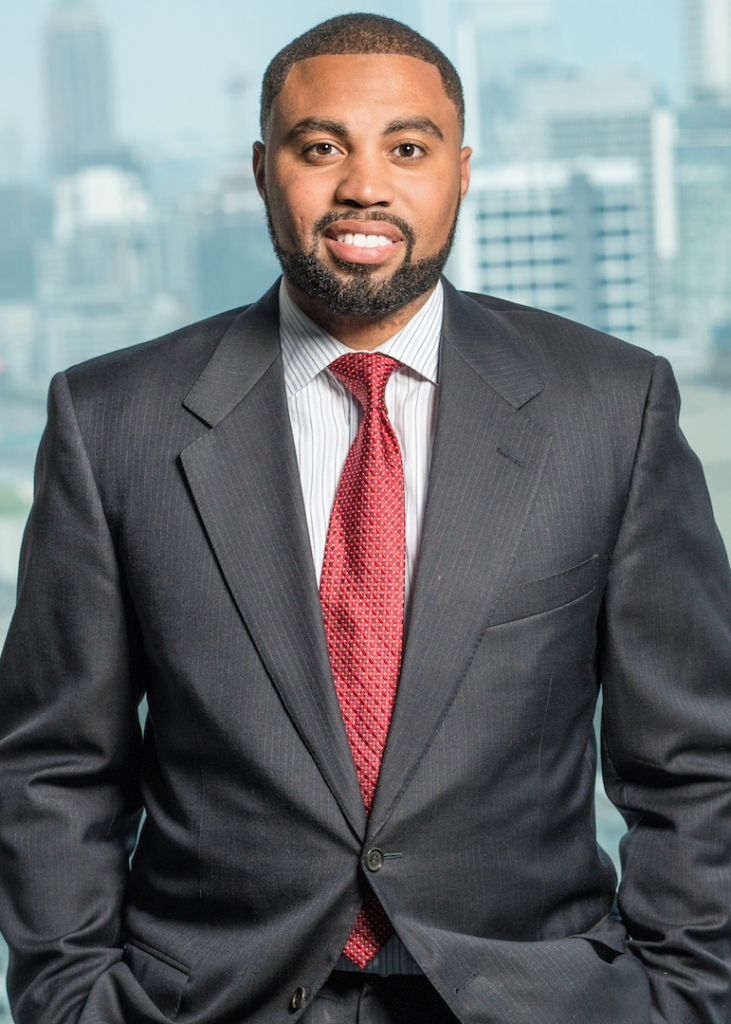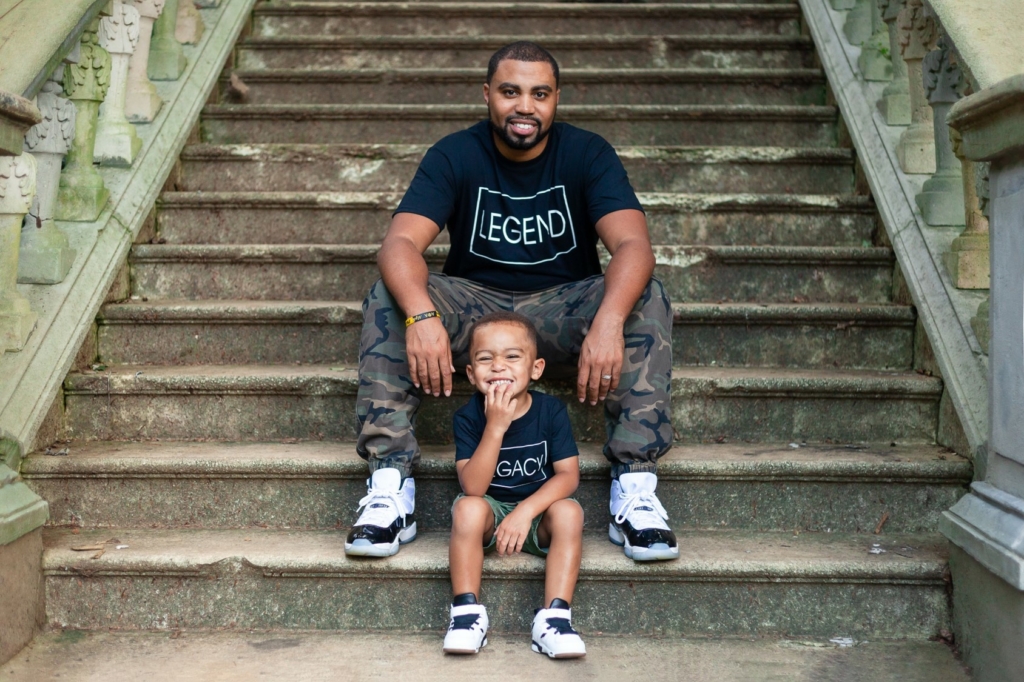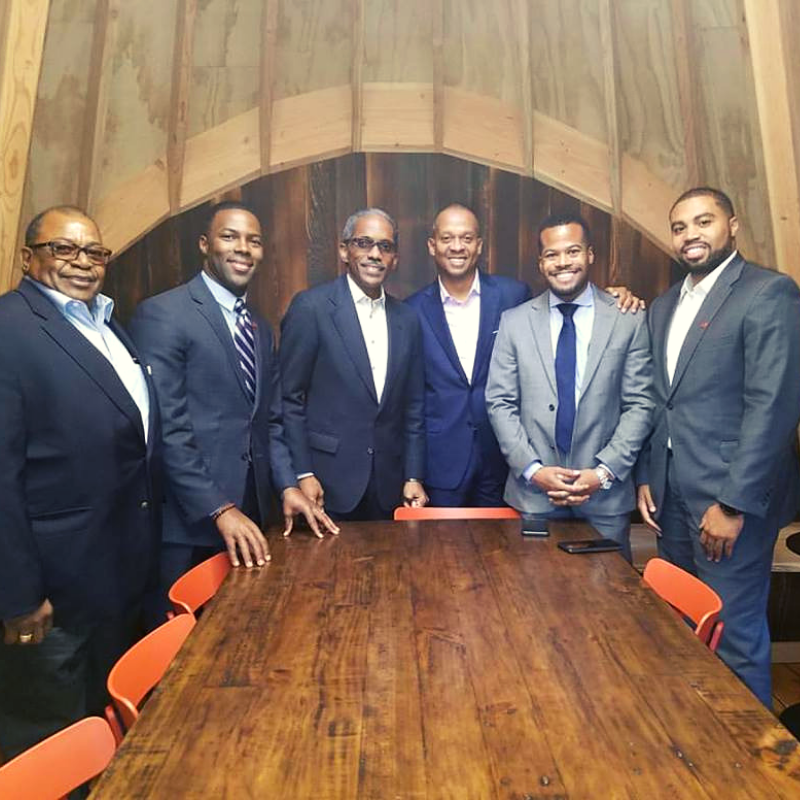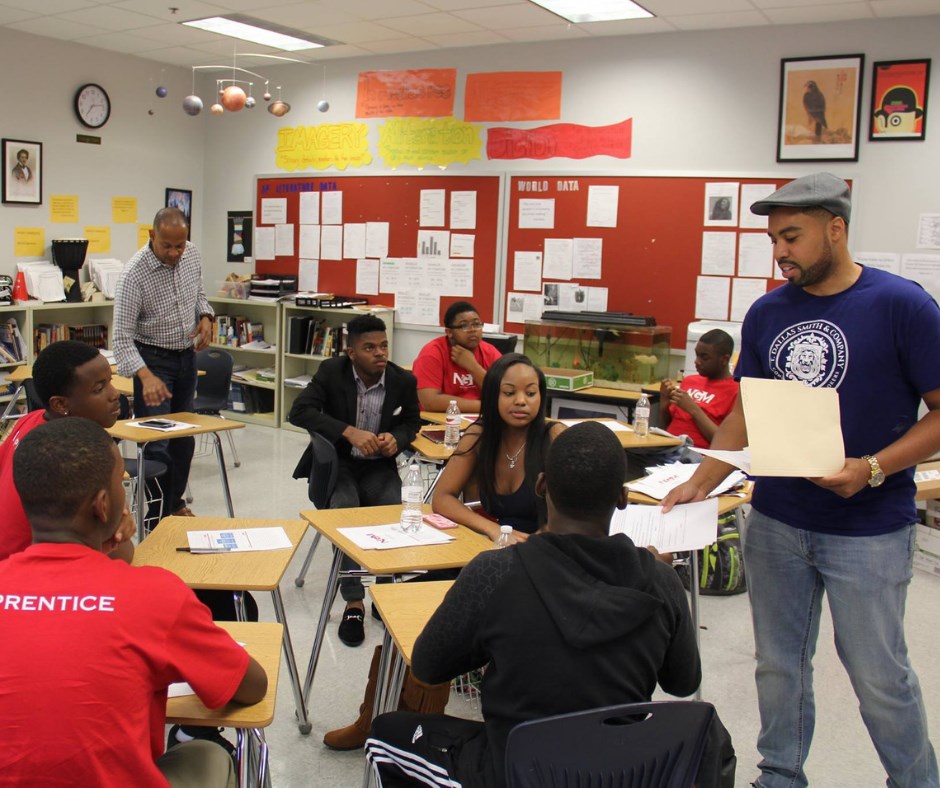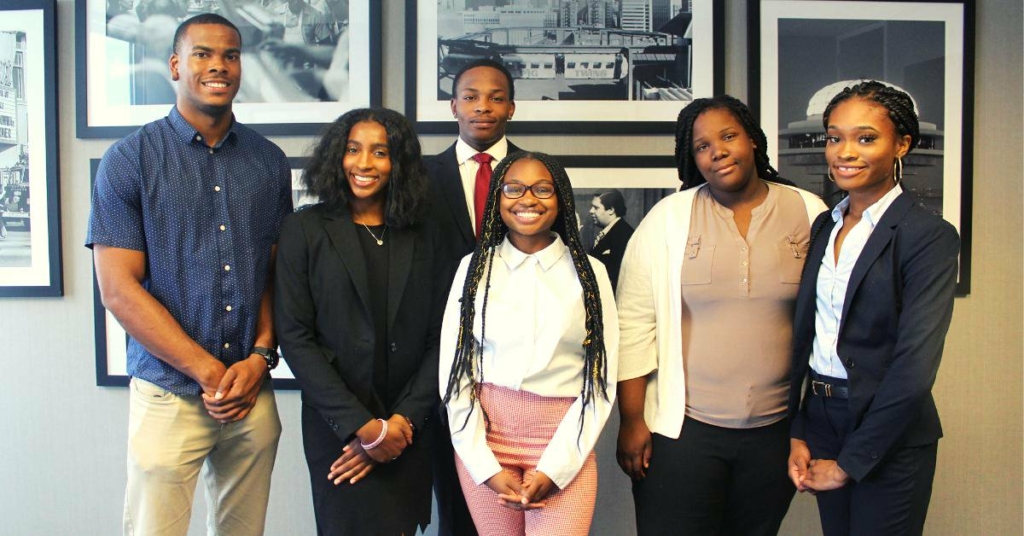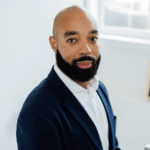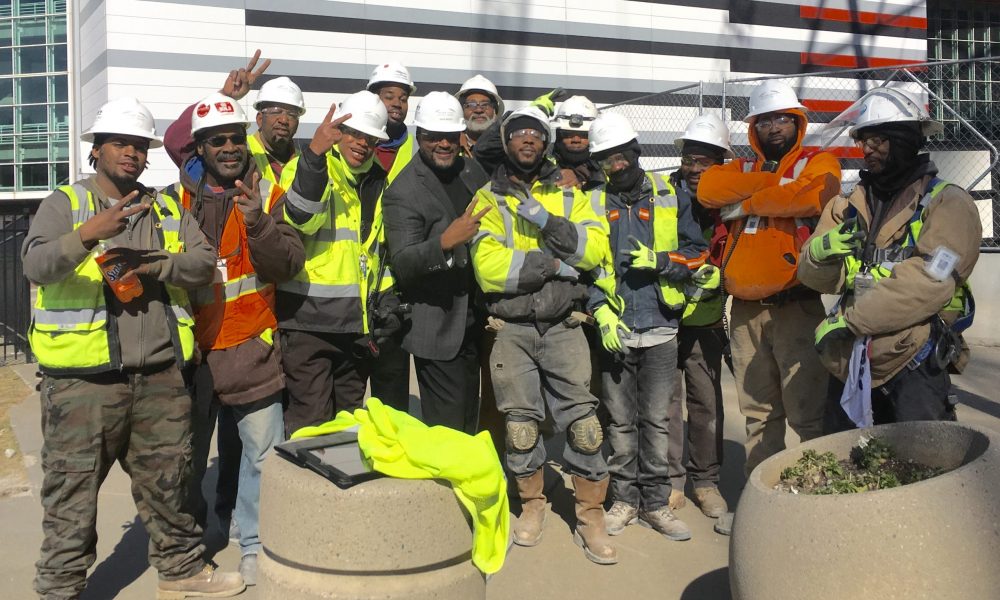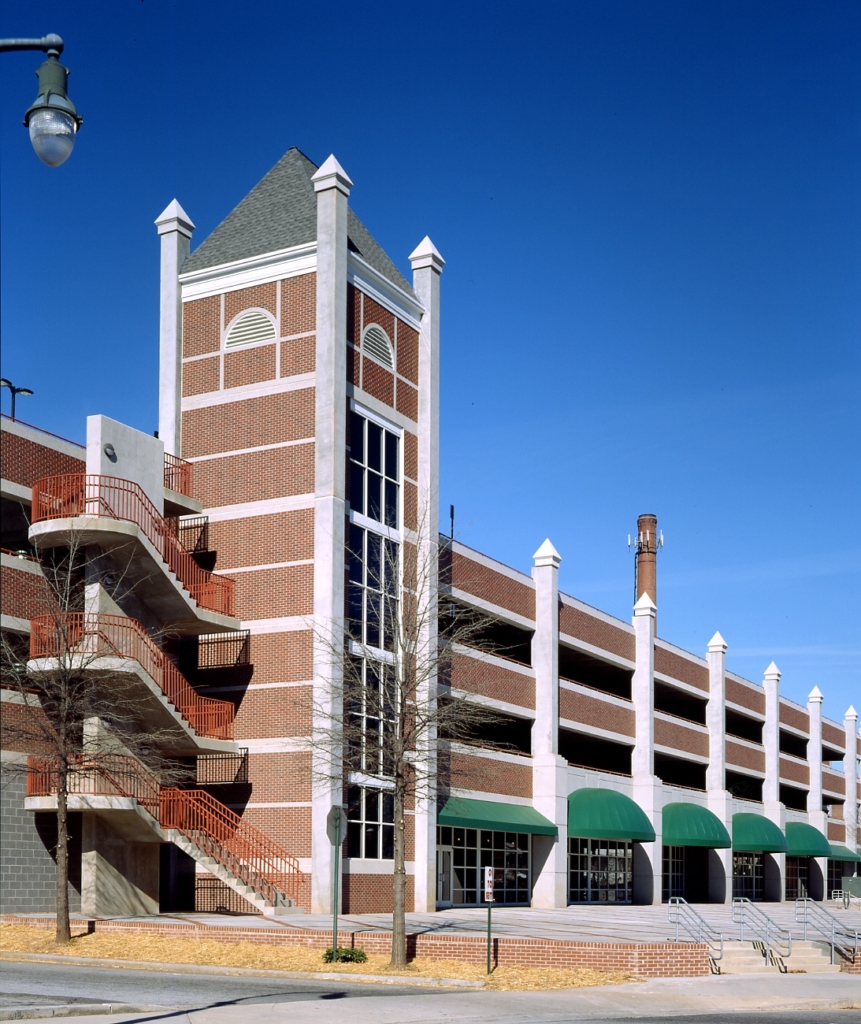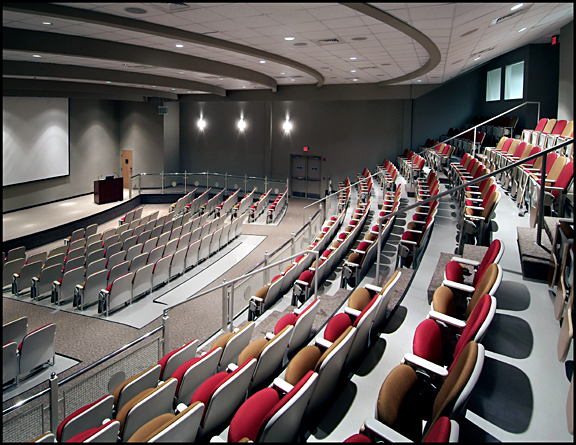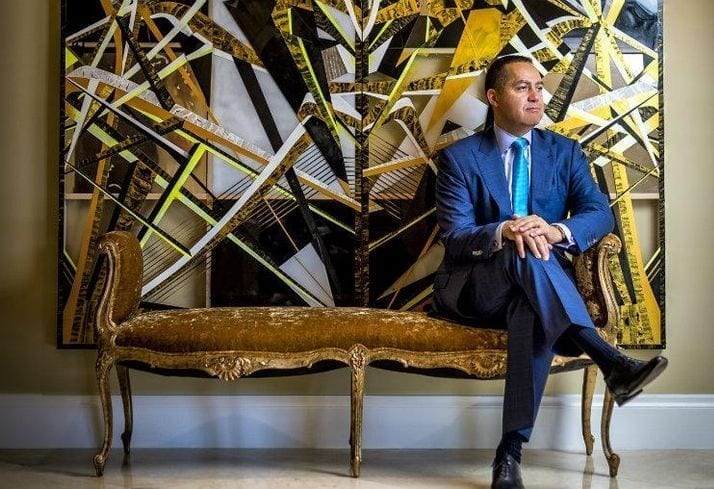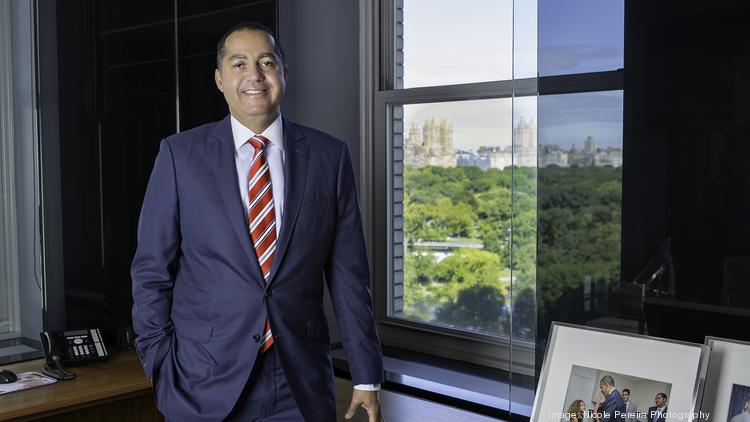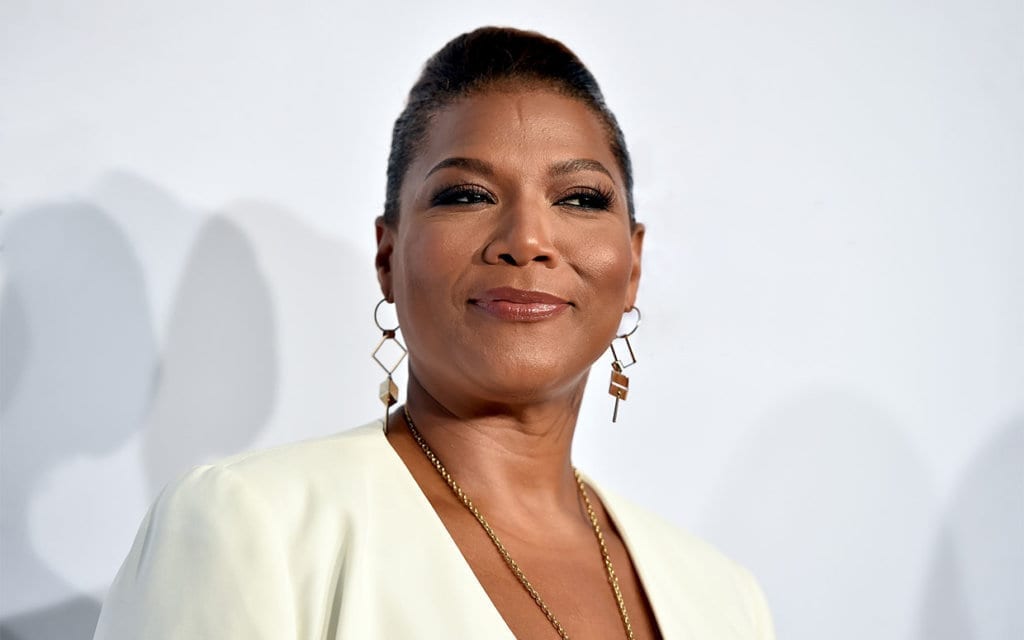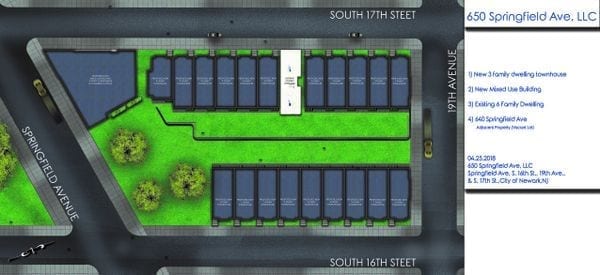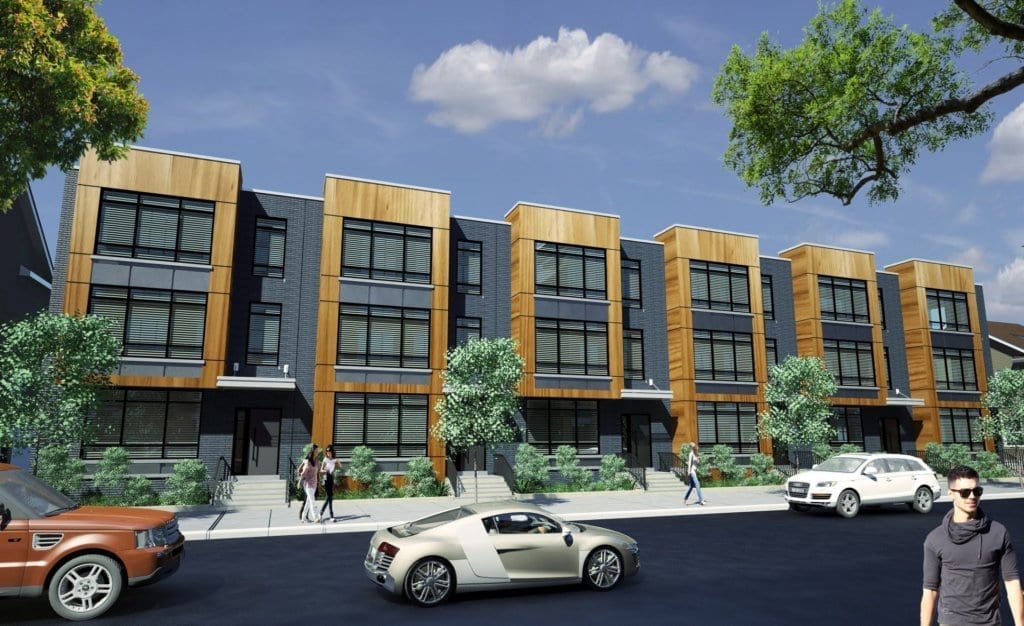Our previous article about C. David Moody has been shared over 1.3 million shares and counting. That tells us that you all want to know more about the man that built C D Moody Construction, one of the largest construction firms in the country.
We caught up with Mr. Moody to find out more about him and his business.
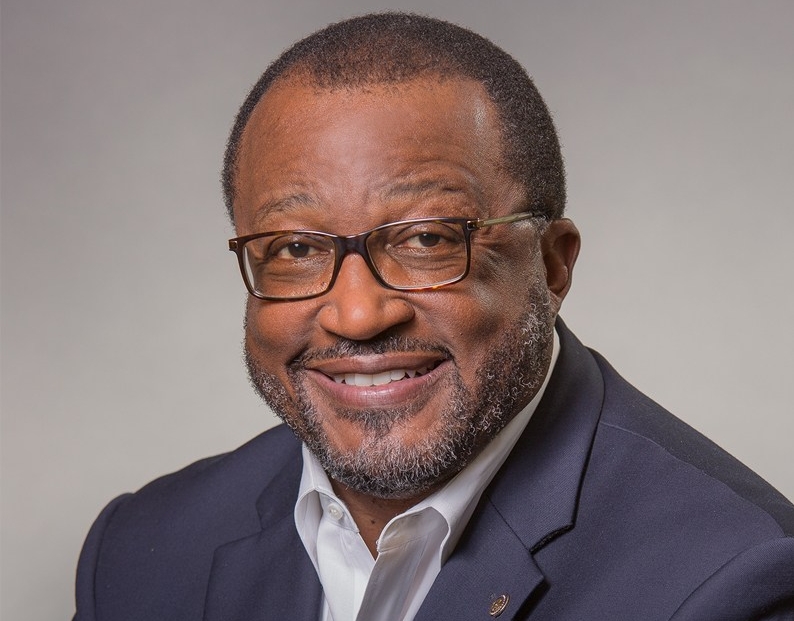
What inspired you to start your business?
I worked for some small construction companies and a very large construction company and this might sound strange, but it just kind of happened. I had reached a point where my wife and I said we don’t have anything to lose, so let’s give it a try. That is how it all happened. Our first office was our bedroom.
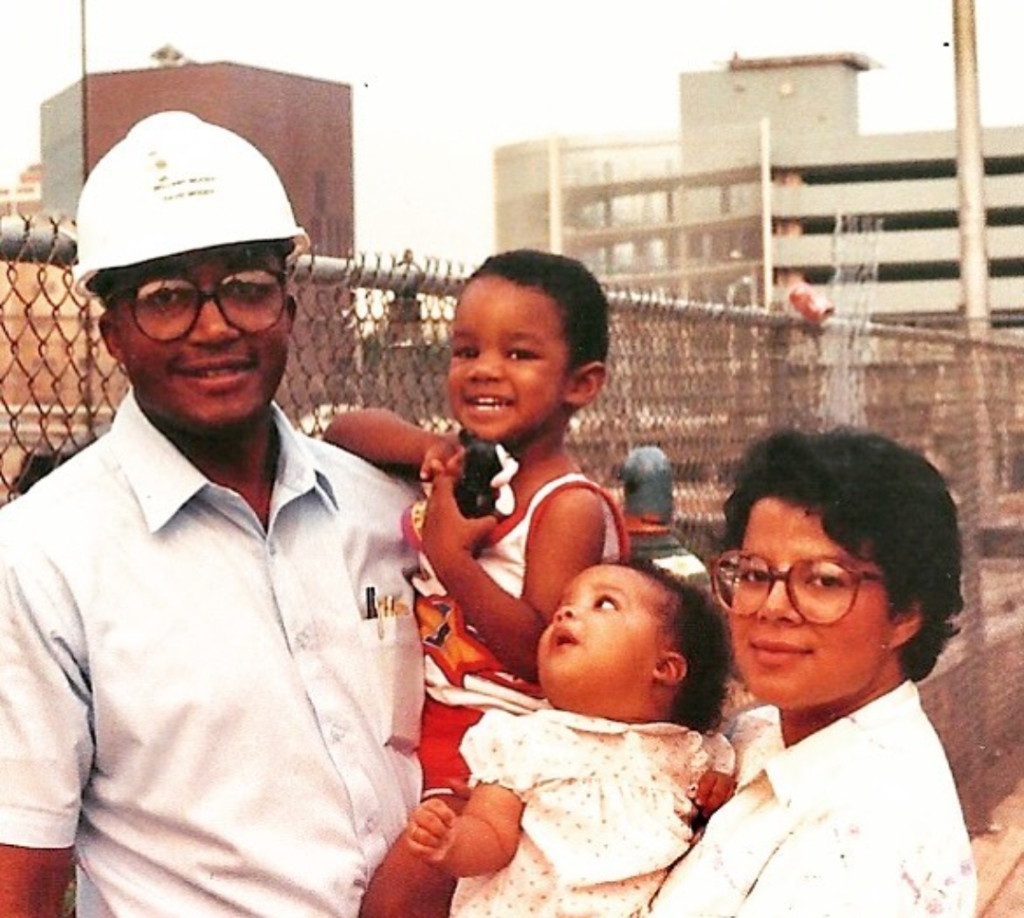
What is the most challenging and most rewarding thing about being an entrepreneur?
The most challenging is not giving up during times of struggle and despair. If married your spouse must be all in. My wife went back to school and became a registered nurse, so we could have a steady income.
The most rewarding is never missing a payroll in 32 years and knowing what we started as a dream has helped others create a great life for themselves. Giving back to help others is a great feeling.

You are pretty open about your childhood trauma. Why is it important for you to speak up about it?
I speak up because I remember suffering in silence about being a survivor of childhood sexual abuse. I had a complete emotional breakdown in 1992, and our business was only 4 years. I had to suffer in silence and I had to heal in secret. That cost me some valuable time in my business growth.
I don’t want anyone to suffer in silence from trauma. I want to help others heal and see they can not only survive but thrive. We will all be knocked to our knees in life. The good news we are stronger than we realize. We can and we will get up. I speak up so others know they are not alone on the journey of healing or life.
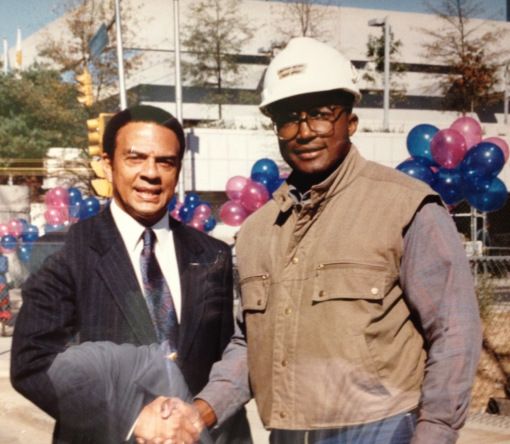
What do you attribute the growth and longevity of your company to?
I attribute my longevity to God having a plan for me to not only be a successful contractor but to use my platform to help others turn trauma into triumph.
The other reasons are my wife and I have never had an expensive lifestyle and I have loved architecture and construction since I was a child.
I am living a dream that I didn’t think would happen for me. I grew up in the 1960s. I didn’t see any Black contractors growing up.

What advice do you have for aspiring for success in the real estate/construction industry?
First, it must be your love. Money can’t be your focus. Focus on being excellent in your craft and the money will follow. Be present in life and have a blast every day. Be patient and enjoy life. Keep your faith strong and put positive energy into the universe. Don’t cut corners and honor your word. Never lie and let honesty guide your steps.
Subscribe and Follow SHOPPE BLACK on Facebook, Instagram &Twitter
Get your SHOPPE BLACK Apparel!

